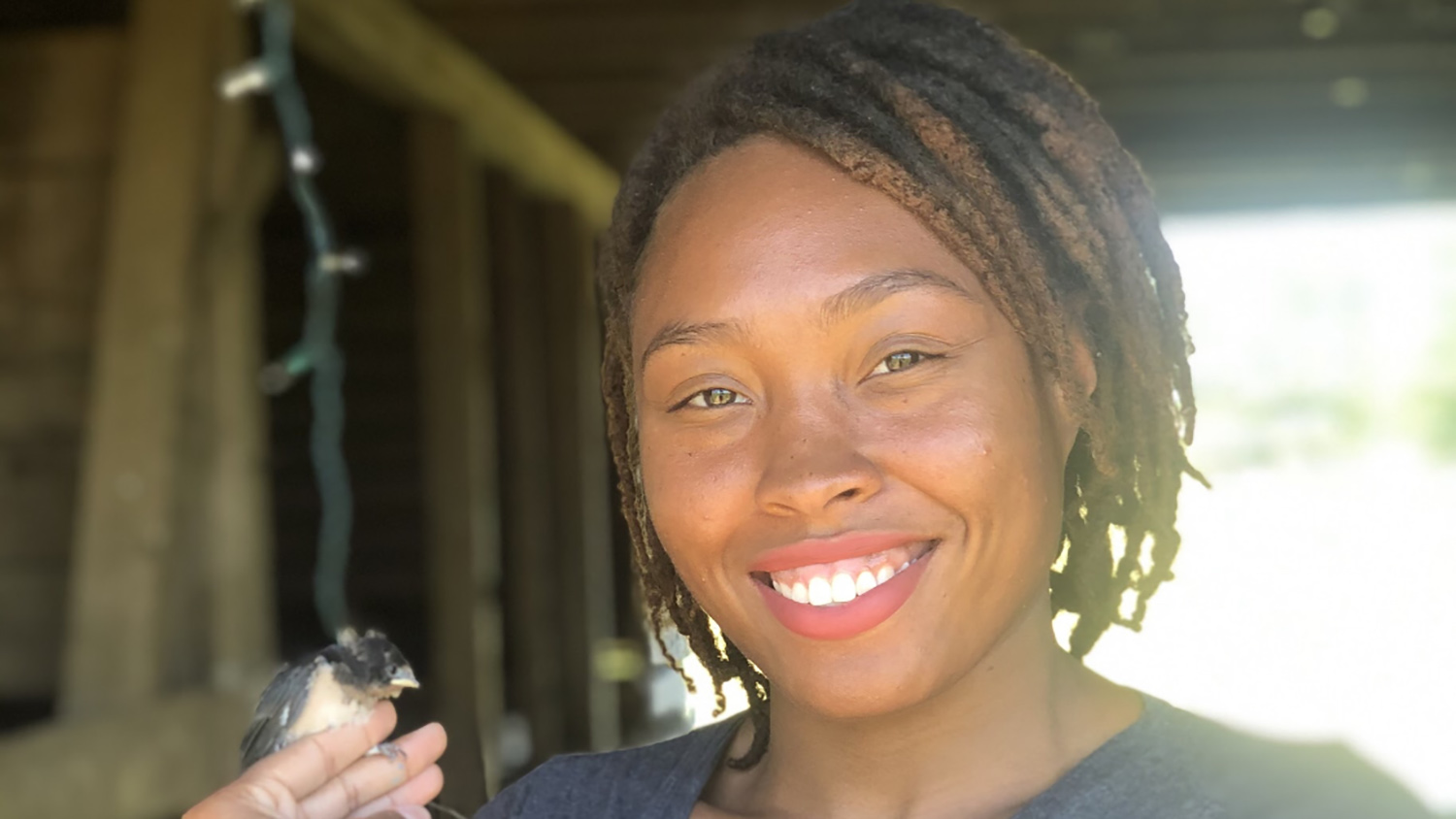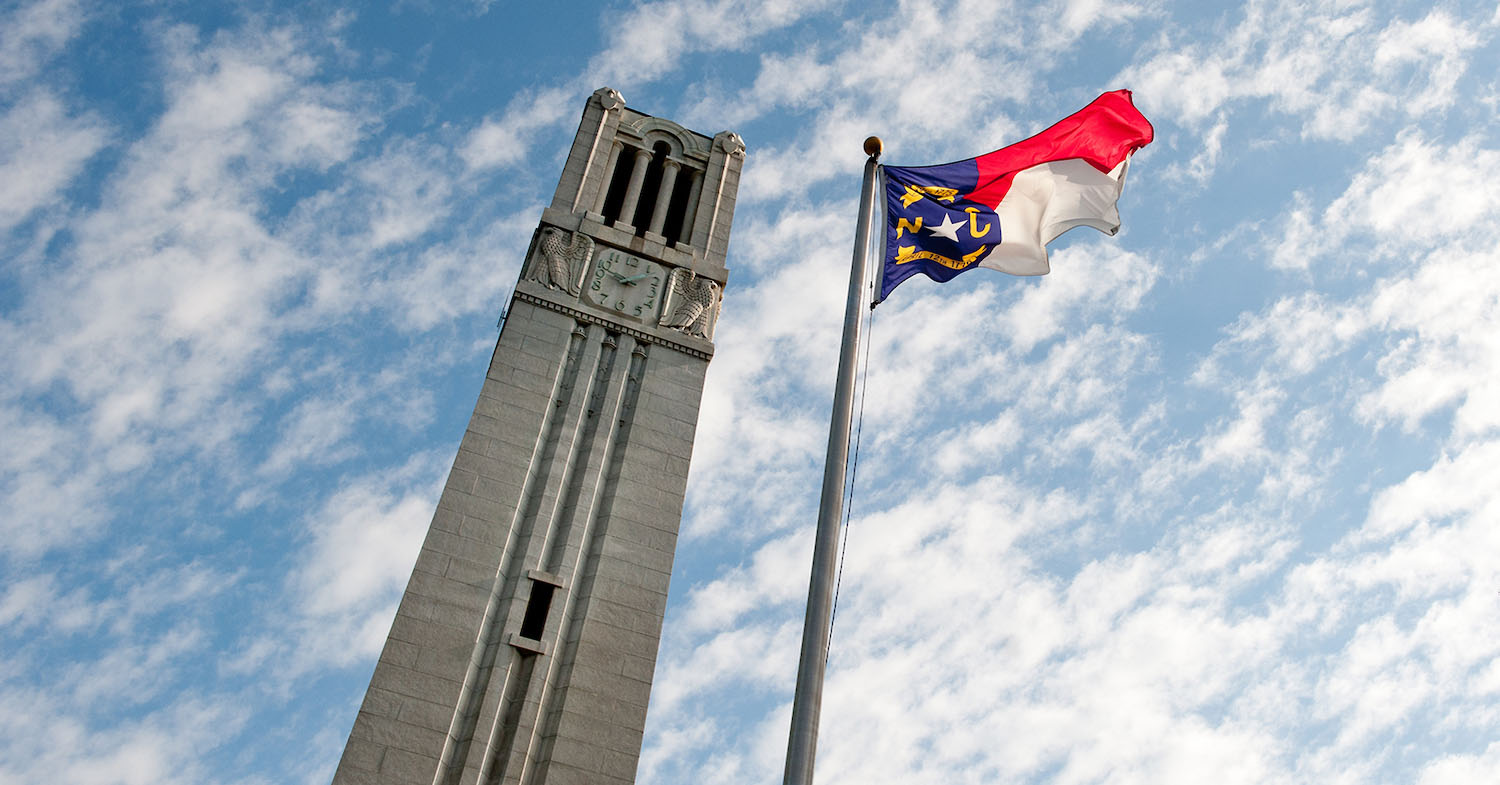Graduation to Vocation: Connecting Environmental Justice and Birding

Deja Perkins will graduate with a master’s degree in fisheries, wildlife and conservation biology from the Department of Forestry and Environmental Resources. She was supported by the NC State Provost Fellowship and was a USGS Southeast Climate Adaptation Science Center Global Change Fellow.
Since coming to the College of Natural Resources, Deja has been highly involved in many research and citizen science projects. During the COVID-19 pandemic, she was one of the lead organizers of #BlackBirdersWeek, a social media movement to highlight Black bird watchers, naturalists and outdoor enthusiasts. This sparked a series of BlackInX weeks which brought awareness to the work being conducted by Black people and their experiences in various STEM fields.
After graduation, Deja will be the Community Engagement Specialist for Crowd the Tap and the Citizen Science Campus Program at NC State. We checked in with Deja to hear about her unique experience at NC State.
What kind of research or other hands-on learning experiences did you participate in?
I was a member of the Lab of Reconciliation Ecology, which hosted the Triangle Bird Count — a citizen science project mapping bird diversity across the Triangle. My second field season was canceled due to COVID-19, and I altered my thesis research to include a multi-city comparison of bird data since we were unable to collect data and work with communities during the 2020 field season.
What’s your favorite memory or class from your time at the College of Natural Resources?
My favorite class while at the College of Natural Resources was environmental justice with Dr. Louie Rivers. He opened my eyes to how racial and social justice impacts the environment, which had a major impact on the direction of my research.
What is unique about you or your work?
My work is unique because it highlights biases in eBird methodology, which could potentially impact future research and where money/resources are invested in the future. It highlights that using the right methodology, we can detect underlying socioeconomic factors that influence ecological processes in cities.
What motivated you to pursue your work?
I love birds and want to connect people to nature through bird watching. Working with the Triangle Bird Count was the perfect way to do this. Taking environmental justice at NC State made me realize the importance of looking at how social and racial justice influences the environment. It motivated me to look at how historical systematic structures may be influencing where we find birds in cities, where we look for birds, and who participates in citizen science.
What advice would you give students entering your major or field?
Don’t sleep on building community. It will help get you through many tough times in school, and help you build a lasting network. Your network is your net worth. Don’t be afraid to give back and share your research with the surrounding community. What is the purpose of knowledge if we don’t share it to help someone else?
- Categories:


